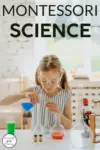Welcome to the world of Montessori Science, where young minds embark on a captivating journey of discovery and experimentation. Montessori education has long been celebrated for its holistic approach, nurturing children’s natural curiosity and fostering a lifelong love for learning.
Montessori encourages students to explore the wonders of the natural world through hands-on experiences and independent exploration.
From observing plants and animals in their natural habitats to conducting experiments that ignite a sense of wonder, Montessori Science empowers children to become active participants in their own learning.

By providing a rich environment filled with engaging materials and opportunities for self-discovery, kids not only develop scientific knowledge and skills but also instills a deep appreciation for the interconnectedness of all living things.
Join us as we delve into the captivating world of Montessori Science and discover how it nurtures young minds to become fearless explorers and critical thinkers.
Montessori Science Approach to Education
The Montessori approach to science education is rooted in the belief that children are natural-born scientists. Dr. Montessori recognized the innate curiosity and desire for exploration that children possess.
In Montessori classrooms, science is not just a subject to be learned but a way of life. It is integrated into every aspect of the curriculum, from practical life activities to sensorial experiences. Montessori teachers act as facilitators, guiding children toward their own discoveries rather than simply imparting knowledge.
Through the use of specially designed materials and carefully crafted lessons, Montessori science education allows children to develop a deep understanding of scientific concepts and processes.
The Montessori approach emphasizes hands-on learning, where children actively engage with materials and manipulate objects to explore scientific principles. This tactile experience not only enhances their understanding but also promotes the development of fine motor skills and hand-eye coordination.
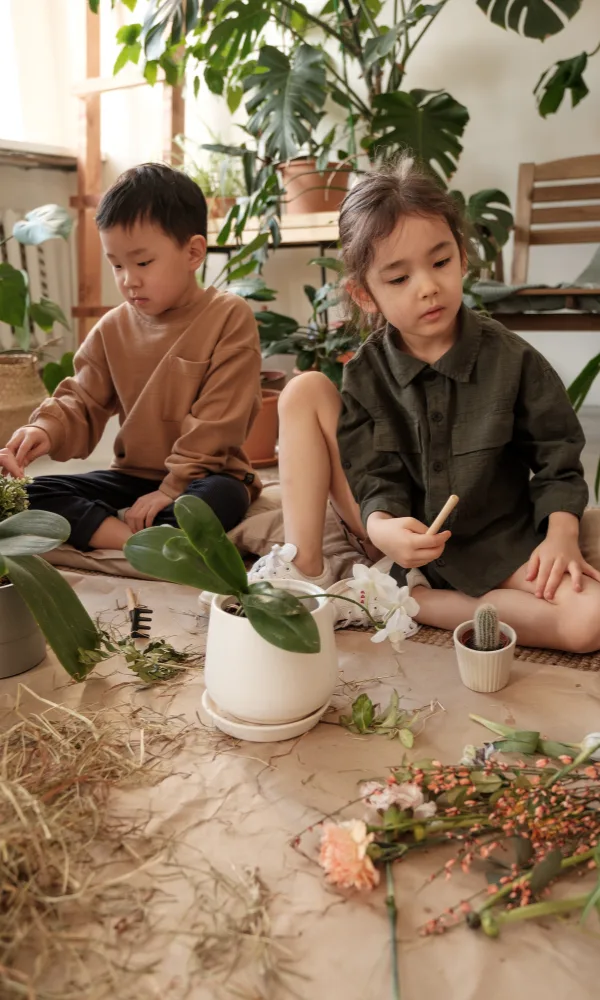
The Benefits of Montessori Science Education
Montessori science education offers a multitude of benefits for young learners. Firstly, it instills a love for science and a curiosity about the world around them. By encouraging children to explore and question, Montessori fosters a sense of wonder and awe that can inspire a lifelong passion for scientific inquiry.
This love for science goes beyond the classroom walls and extends into everyday life, as children become more observant and curious about the natural world.
Secondly, Montessori science education promotes critical thinking and problem-solving skills. Through hands-on experiments and independent exploration, children learn to think creatively and analytically.
Children develop the ability to hypothesize, make predictions, and draw conclusions. These skills are not only valuable in the field of science but also transferable to other areas of learning and life.
Additionally, Montessori science education nurtures a sense of responsibility and respect for the environment. By engaging with nature and observing its delicate balance, children develop an understanding of the interconnectedness of all living things. They learn the importance of conservation and sustainability, becoming advocates for the environment and stewards of the earth.
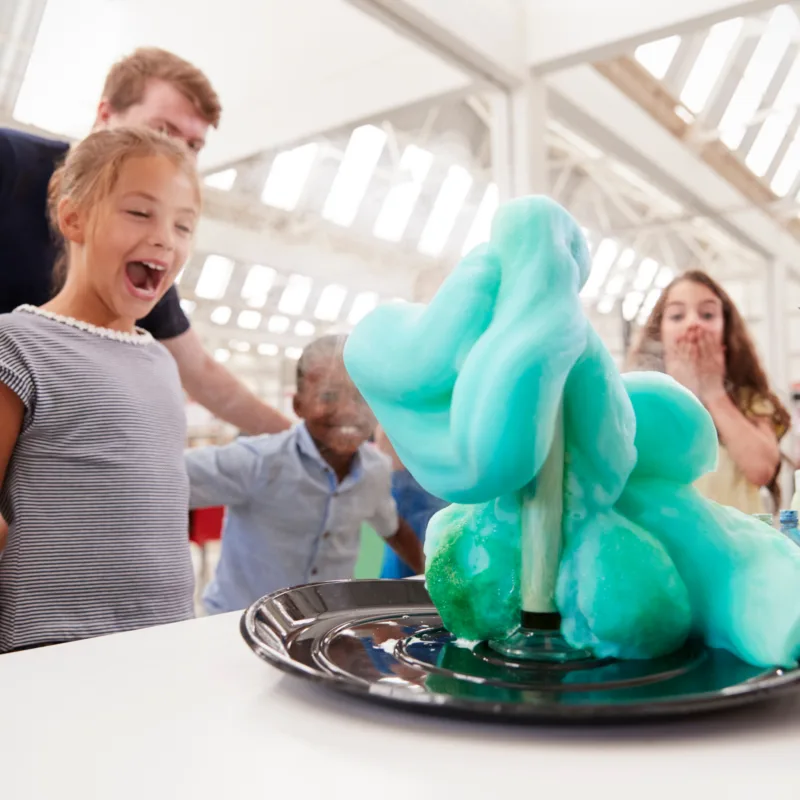
Montessori Science Materials and Activities
Central to Montessori science education are the carefully designed materials and activities that facilitate hands-on learning and exploration. These materials are specifically designed to appeal to children’s senses and promote independent discovery. Let’s explore some of the key materials and activities used in Montessori science classrooms.
A key Montessori material is puzzle maps, which are considered geography material but extend seamlessly into science. These maps, made of wood or felt, represent different continents, countries, or regions of the world. Children can explore geography, geology, and even biology through these maps.
They can learn about the different ecosystems, climate zones, and animal habitats found in various parts of the world. By manipulating the puzzle pieces and placing them in their correct positions, children develop a sense of spatial awareness and gain a deeper understanding of the world around them.
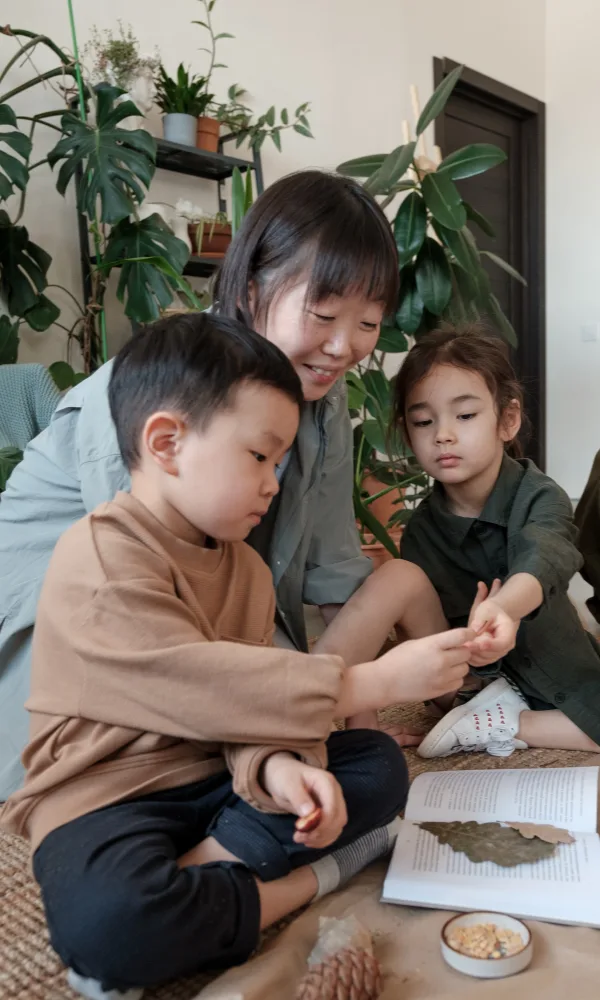
In addition to these materials, Montessori classrooms are equipped with a variety of other hands-on tools and materials. From magnifying glasses and microscopes to balance scales and thermometers.
These resources allow children to engage with the scientific process and conduct their own experiments. Materials are carefully chosen to be developmentally appropriate, ensuring that children can work independently and at their own pace.
Creating a Montessori Science Environment
Creating a conducive environment is crucial for the success of Montessori science education. Montessori classrooms are carefully arranged to promote independence, exploration, and collaboration.
The environment is divided into various learning areas, each designed to cater to specific needs and interests. In the science area, you will find shelves filled with inviting materials, arranged in a logical and aesthetically pleasing manner. Materials are organized and labeled, making it easy for children to locate and access them independently.
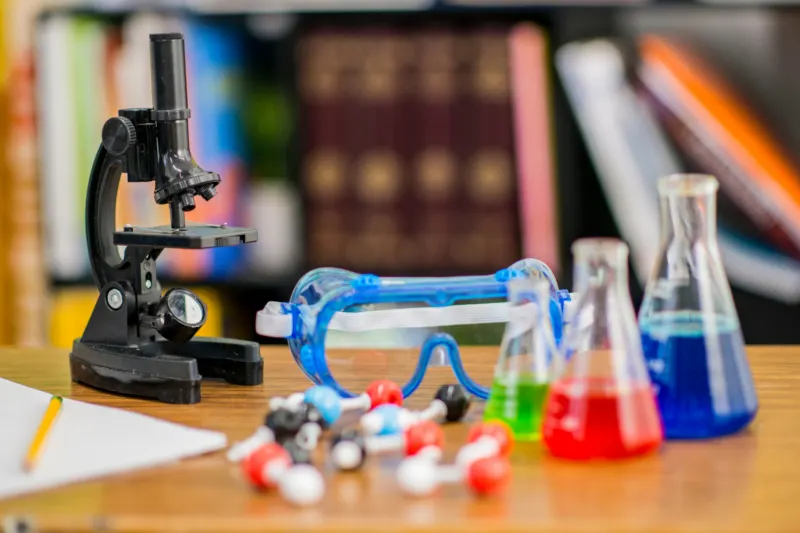
The classroom environment is also designed to reflect the natural world. Plants, animals, and natural materials are incorporated into the space, creating a sense of calm and connection with nature. Children are encouraged to care for plants and animals, fostering a sense of responsibility and empathy.
The outdoor environment is equally important, as it provides opportunities for hands-on exploration and connection with the natural world. Montessori schools often have gardens, nature trails, and outdoor laboratories where children can engage in scientific observations and experiments.
Montessori Science Curriculum and Lesson Planning
Montessori science education follows a carefully planned curriculum that progresses from simple to complex concepts. The curriculum is designed to meet the developmental needs of children at each stage, ensuring that they build a strong foundation of scientific knowledge and skills.
Montessori science lessons are typically presented in small groups or on an individual basis, allowing the teacher to tailor the instruction to the needs and interests of each child. The teacher acts as a guide, introducing new concepts and materials, and providing support and guidance as children explore and discover.
Lessons are interactive and hands-on, with children actively participating in experiments, observations, and discussions. This active engagement promotes a deeper understanding and retention of scientific concepts.
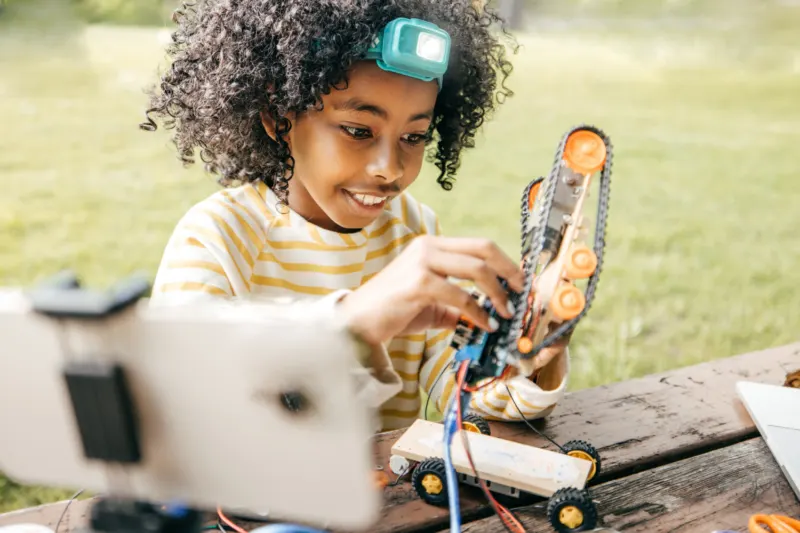
Encouraging Exploration and Experimentation in Montessori Science
Montessori science education encourages children to become active participants in their own learning. It fosters a sense of exploration, curiosity, and experimentation. The classroom environment provides children with opportunities to explore scientific phenomena, ask questions, and seek answers. Teachers encourage children to think critically, make predictions, and test their hypotheses through hands-on experiments and observations.
One of the key principles of Montessori science is the idea of “follow the child.” Teachers observe children’s interests and passions and provide them with the resources and support to pursue their scientific inquiries. This approach allows children to take ownership of their learning and fosters a sense of autonomy and independence.
Montessori science education also emphasizes the importance of reflection and documentation. Children are encouraged to record their observations, thoughts, and findings in science journals or on digital platforms. This documentation serves as a record of their scientific journey and allows for reflection and further exploration.

Incorporating Nature and Outdoor Learning in Montessori Science
Nature and outdoor learning play a vital role in Montessori science education. Montessori believed that children should have firsthand experiences with nature to develop a deep understanding and appreciation for the natural world.
Outdoor learning provides children with opportunities to engage their senses, observe natural phenomena, and make connections between the classroom and the environment.
In a Montessori science classroom, you will find nature tables filled with objects collected from nature, such as leaves, rocks, and shells. These objects serve as a starting point for scientific inquiry and exploration.
Outdoor field trips and nature walks are also an integral part of the Montessori science curriculum. Children have the opportunity to observe plants and animals in their natural habitats, make ecological connections, and engage in hands-on experiments.

Supporting a Love for Discovery and Experimentation in Montessori Science
Supporting a love for discovery and experimentation in Montessori science goes beyond the classroom. Parents and caregivers play a crucial role in nurturing children’s scientific curiosity and encouraging exploration. Here are some ways you can support your child’s love for science at home:
- Create a science-friendly environment at home by providing access to age-appropriate science books, materials, and tools.
- Engage in science-related conversations and encourage your child to ask questions and seek answers.
- Take nature walks and explore the natural world together. Encourage your child to observe, collect samples, and ask questions about what they see.
- Conduct simple experiments at home using everyday materials. This can be a fun and engaging way to explore scientific concepts.
- Visit science museums, planetariums, and science fairs. These outings can inspire and ignite your child’s curiosity.
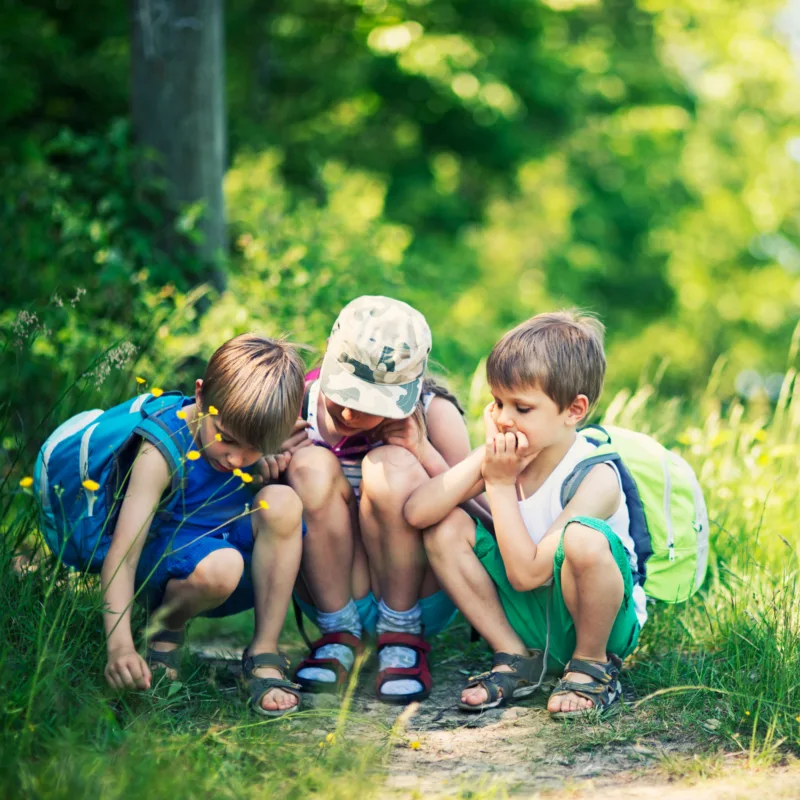
Remember, the most important thing is to foster a sense of wonder and curiosity. Encourage your child to explore, experiment, and make discoveries on their own. Celebrate their successes and support them in their scientific endeavors.
Montessori science education is a powerful tool for nurturing young minds and fostering a love for discovery and experimentation. By providing a rich environment filled with engaging materials and opportunities for self-discovery, Montessori Science empowers children to become fearless explorers and critical thinkers.
It instills a love for science, promotes critical thinking and problem-solving skills, and nurtures a sense of responsibility and respect for the environment. Montessori science education goes beyond the classroom, encouraging children to explore the natural world and make connections between their learning and everyday life.
By embracing the principles of Montessori science, we can equip children with the skills and mindset needed to thrive in an ever-changing world. So let’s embark on this captivating journey of Montessori science together and watch young minds soar to new heights of discovery and understanding.

